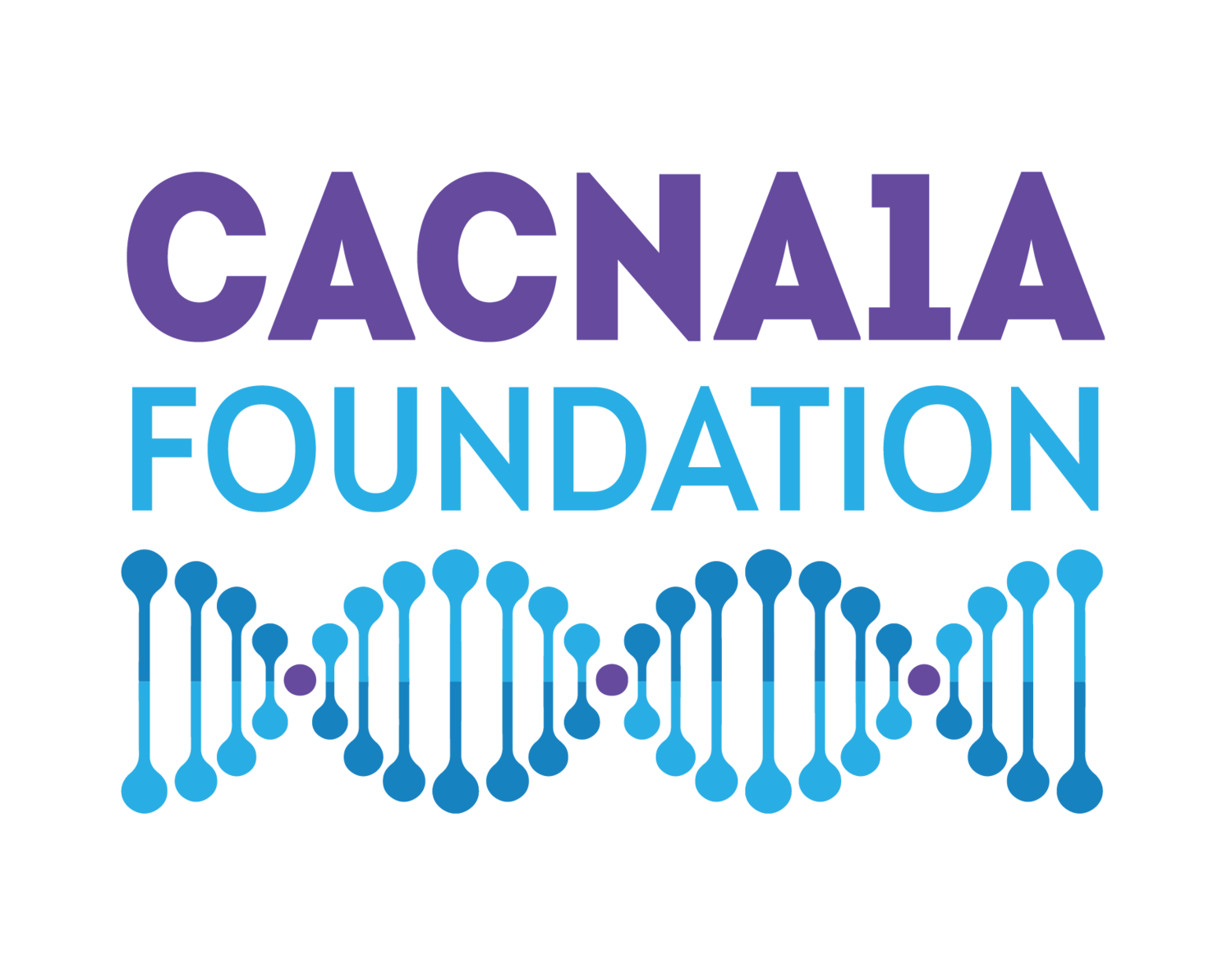CACNA1A Epilepsy: Phenotypic Landscape and Genotype-Phenotype Correlations
$50,000 Grant | Awarded April 2021
Annapurna Poduri, MD, MPH | Attending Neurologist, Epilepsy & Clinical Neurophysiology Division, Boston Children’s Hospital; Director, Epilepsy Genetics Program, Department of Neurology, Boston Children’s Hospital; Professor of Neurology, Harvard Medical School
Ingo Helbig, MD | Pediatric Neurologist/Attending Physician, Divison of Neurology, Children’s Hospital of Philadelphia (CHOP); Assistant Professor of Neurology and Pediatrics, Perelman School of Medicine at the University of Pennsylvania; Director of the genomic and data science core of the CHOP Epilepsy Neurogenetics Initiative (ENGIN)
Abstract: CACNA1A variants have been associated with a spectrum of ataxia- and migraine-related phenotypes that are well characterized, largely in adults. Seizures are an inconsistent symptom across CACNA1A cohorts that have not been systematically ascertained. Notably, with recent increases in clinical genetic testing for epilepsy, many individuals with epilepsy have been identified with CACNA1A variants, as evidenced by the creation of the CACNA1A Foundation. There is an unmet need to characterize the epilepsy-related phenotypes of patients with CACNA1A variants to more precisely delineate their epilepsy spectrum, including for precision medicine clinical trial readiness. We propose to ascertain and analyze the phenotypes of patients with epilepsy and CACNA1A variants, including age of onset, seizure types, associated developmental and other neurological features, EEG and MRI data, and response to medication, including medication aimed at this gene’s dysfunction. We will comprehensively characterize this disorder in order to inform patients and families regarding prognosis. Further, genotype-phenotype analyses are critical since epilepsy-associated CACNA1A variants may result in loss or gain of function. It is imperative to understand the relationship between phenotype, genotype, and mutational effects on function as precision medicine approaches are developed. We have actively partnered with laboratories that will conduct critically needed functional analysis of CACNA1A variants, including whether these variants result in loss or gain of function, which will facilitate developments in gene-specific (and possibly mechanism-specific) treatment for patients.
Dr. Poduri is motivated and prepared to evaluate CACNA1A patients more closely for genotype-phenotype correlations and for features that may inform a more precise approach to their treatment, as more patients with CACNA1A variants and epilepsy are identified through clinical activities and research sequencing. Her research program is focused on understanding the genetic causes of human epilepsy and neurodevelopmental disease with a long-term goal of creating models of human epilepsy and developing novel therapies.
In the realm of the genetics of early-onset epilepsies, and while funded through a K23 award, she identified genetic causes for the rare early-onset epilepsy syndrome migrating partial seizures in infancy. She has participated in a number of collaborative genotype-phenotype studies of epilepsy.
She served as a PI of the NINDS-supported Epilepsy Phenome/Genome Project and a Co-Investigator in the NINDS-supported Epi4K sequencing study of epileptic encephalopathies and brain malformations. Her own research program in epilepsy genetics is making progress at the gene discovery level, and she has begun to study known and candidate epilepsy genes in the zebrafish model system (e.g., PCDH19).
Dr. Helbig will use his clinical and research expertise in genetic epilepsies to help delineate the phenotypic and variant spectrum in CACNA1A-related disorders that represent an increasing focus of both his clinical and research work. Over the last seven years, he has contributed to several new gene findings in the field, including GRIN2A, CHD2, KCNA2, HCN1, and DNM1.
Between 2011 and 2015, he co-headed the EuroEPINOMICS-RES Consortium, the European counterpart of the NIH-funded Epi4K consortium involved in collaborative genomic studies to identify genes for human epilepsies. He was part of the Genetics Commission of the International League Against Epilepsy (ILAE) from 2014-2017 and currently leads the Epilepsiome Task Force of the ILAE Genetics Commission and is part of the leadership of the Epilepsy Clinical Domain Working Group of the NIH-funded ClinGen initiative.


